Hello Gentle Entities and Al dente Adversaries !
Today in a lovely local custom of human powered flight it is National Ride the Wind Day. Flying is one of my favorite invigorating activities and it’s wonderful for entities of various biologies to find ways to share the same leisure activities together.
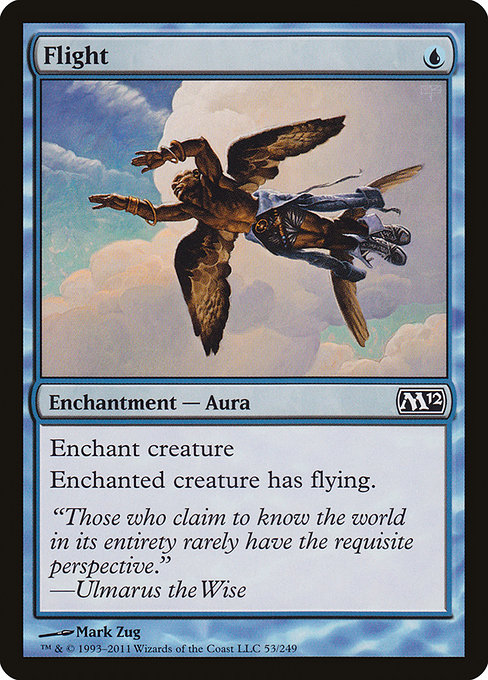
As last week we spoke about the desire to play with one’s previous companions in the spirit of camaraderie and nostalgia, this week we will be discussing how to play formats that are not in the current fashion, with people whom we are already socializing.
As this is our thirty-first column, we at Mizz Mizzet’s School for Complicated Lifeforms would like to remind you that we answer between 1-3 letters from our interrogative entities across the multiverse each week.
If you missed our initial column, you may peruse it at your leisure at this location.
Content Warnings
Mizz Mizzet’s Guide to Magical Manners is pleased to provide Content Warnings, given that solving bad behavior often means describing bad behavior.
Dear Mizz Mizzet,
I miss kitchen table play. Not commander – just regular kitchen table 60 card games without it being any kind of specific format. The formats just seem like they all end up in arms races and Standard only feels like it’s for competitive. I don’t want to make a new format either. I just want folk to come over and play 60 card piles they enjoy against each other but I’m not sure how to ask.
Do you have any advice?
Returned Past Caller
Dear Past Caller,
These are awkward times to host a gathering in the era of plague with varying levels of comfort and differences in which precautions to take, possibly causing social friction in what can already be difficult to arrange.
Nonetheless, I am going to advise you on how to best host folk who will participate in 60 card Kitchen Table with you. Because the answer is specific invites.
There are several ways to gauge interest in trying new formats to playing existing Magic the Gathering cards, and honestly for social play many gentle entities are extremely pleased to find new ways to play with their fond associates. But I have noticed on our plane that sense of play and support of trial and error tends to be highest amongst nestlings and fledglings. It is hard for those with their full scales and wings, consumed by horde management and housing to make space for new experiences. So the first thing a host must do is minimize any possible barriers to play.
While we shall leave complicated observations about Kitchen Table Play to our MtG Ethnographers, it has been my personal observation at tables I have been invited to, that the concerns for new groups getting together are “relative cost” and “will only one style of play dominate the table.”
While there is much advice out in the community about how to resolve things through Rule Zero discussions, that does not help someone who hasn’t gotten a group of playmates together first!
Commander and Cube are formats that specifically grew out of those needs, both allowed for players with their own cards that they loved for their hordes to find uses for those cards and keep the playgroup balance something the table could agree upon and control through editing and “house bans” if individuals dominated the games in too specific a way. What I suggest is to take the best social aspects of both and start your own sixty card soirees!
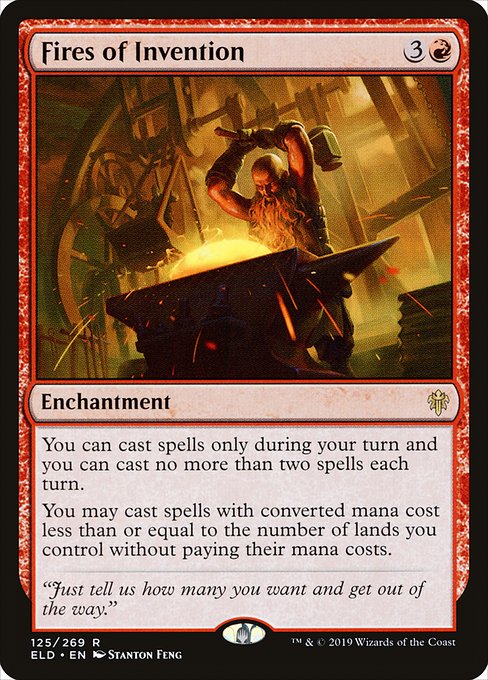
Cost and intellectual investment are the most frequent barriers to sustained play. The Cube format is built to allow for folk to play limited draft formats without having to pay for packs continuously. This also allowed participants to have their favorite draft or design environment always ready without worrying about continuous card acquisition. The owner of a cube is by default a host or co-host of a cubing event, even if they are an invited guest to someone else’s home or third space.. They, knowingly or unknowingly are invoking a host-guest relationship and following it’s etiquette allowing others to join in with minimal preparation.
My suggestion to you, is that you emulate this. Put together eight different kinds of kitchen table 60 card decks of the sort you miss. These are balanced towards each other so that your guests won’t experience unbalanced play. Then write a little one page “this is how the deck is meant to work” for each one to live in its deck box” Be cheery and casual. Perhaps share a little about why you designed this deck. You are working on something that will act as an invitation to the kitchen table events you are wishing to build. This is a time to share!
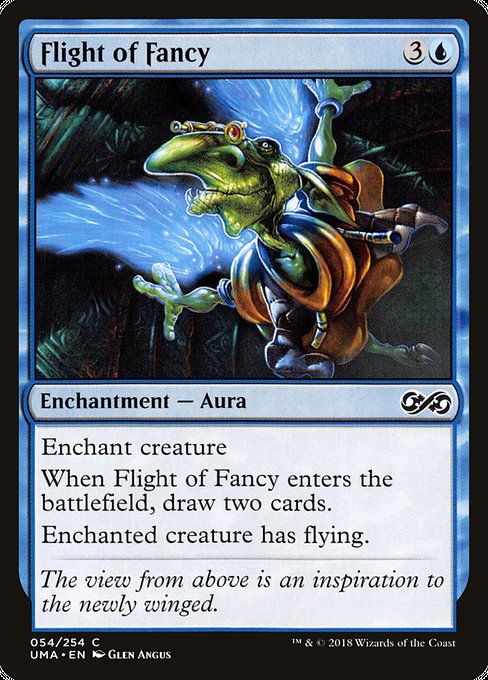
Now! Hopefully, even the simple acts in the joy of building what you hope to see will be fun for you. I do realize party planning isn’t a delight for everyone, though I do so enjoy it myself, thus, I will suggest smaller approaches first.
Consider this “scalable hosting”.
Invite one friend over for pizza and a game of Magic to “help me test out this idea to see if it works.” This is a very casual invitation so I suggest direct face to face, voice call, text or whisper spell as appropriate for your invited entities’ cultural practice.
This makes your first invitation to your first group member an invitation to collaborate. You will show them your decks, you will play them together and evaluate them, you will hopefully speak of shared 60 card experiences and who else you might want to invite to try it!
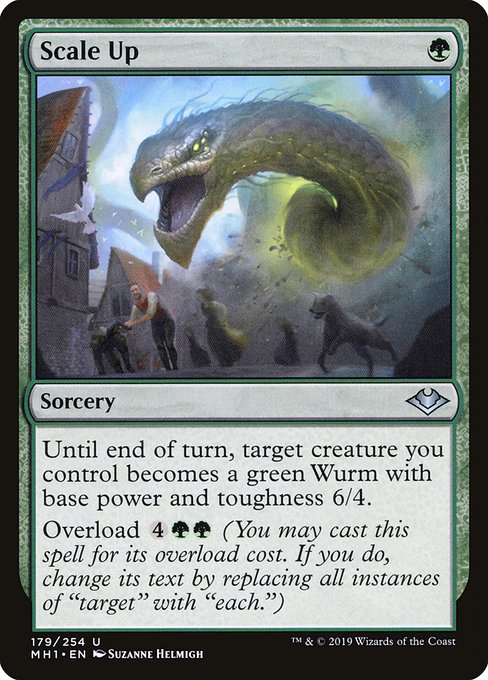
The next invitations offered after you and your first co-conspirator would be to see if your Kitchen Table 60 Card Capsules also work with a group of four people playing head to head games.
(This shall be where I politely remind you to make sure that all your participants are properly protected from plague and everyone agrees to take appropriate precautions such as masking, testing and air filtration together.)
This is a lovely opportunity to see which way you would like to play 60 card in social groups – would you like to make sure everyone plays everyone else at least once? Would you like to do a tiny little competitive environment with perhaps a novelty gift as a prize? This event is still collaborative and still experimental. You are asking your guests for their input as to what would make this a fun regular gathering.
This is also where you can broach the idea of “I’d love it if you wanted to brew your own kitchen table decks to play and we can keep these as sort of “the house library” – then share whatever your personal criteria for deck building was when you built your eight.
This is the part where I shall share some of the secrets of being a good host. There may be some of your guests who are excited to brew and somewhere brewing is not where their joy in play comes from. While you are talking over beverages and bread rounds you should be paying close attention to your attendees and making sure guests who are unexcited about bringing their own decks are asked about what they like about having the library of “house decks” and which kind of decks could be added to the library to make it more fun.
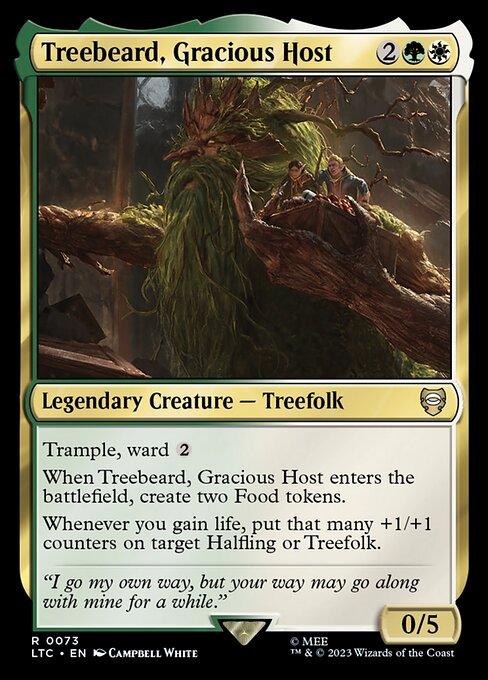
It would of course be rude to be the one to bring up cost to an individual who doesn’t bring up monetary matters first, however that might be a concern for one or more of your guests so while talking about the “house decks” it will behoove you to bring it up as a general and permanent plan in setting expectations such as:
“I want anyone who wants to play to be able to without having to have or build a deck on their own and I want you to be able to invite anyone you think might like to play or learn to play with us to not have to worry about cost because I want us to be able to meet with open invites, so it’s important that we keep this library for everyone.”
This is important so you won’t be requiring any of your friends to share anything personal in order to play or participate. As host, like with a Cube, you will have made it clear that you’re taking the primary responsibility for providing the cards and play environment.
It may be gathering your circle of 2, or 4, will scratch the sixty card itch that has gotten under your scales. It may be the joy of creating and testing your Kitchen Table Card Library will help renew this style of play within your card circle and be enough on its own. However, we will now look at what hosting a larger kitchen table party might look like if you would like to have a wider or “drop in”circle of friends playing.
Because the next suggestion is to literally have a small party where your friends are cordially invited to a Kitchen Table Cookout or some such, where the party part happens either before, or after, gameplay.
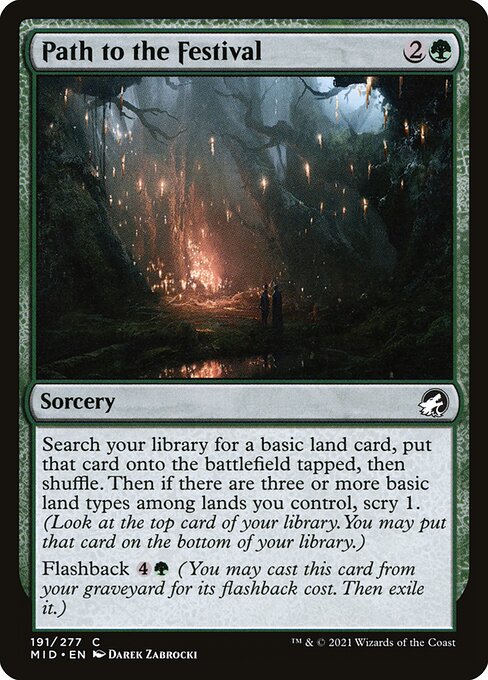
Create an actual invitation, plan a menu, invite eight to ten individuals (the same as one might for a luncheon with a speaker after).
Enclose, attach or include a description of your Kitchen Table 60 Card Extravaganza Event including house rules and what will be provided. Make sure your friends who playtested the House Library with you also bring their personal decks if they made them.
Use it to celebrate a natal anniversary, or seasonal celebration, or National Sponge Cake Day
Make sure you have enough decks for everyone to play one without bringing their own but also encourage them to bring their own sixty card decks if they miss them to play against house decks or separate pick up games other than the main event.
Some Suggested Wording:
Come to the Izzet Union Workers Summertime Picnic
We will be hosting a festive Barbeque offering Carnivorous, Vegetarian and Vegan Delights but you are also welcome to bring a dish to share.
After Luncheon we are pleased to provide a Sixty Card Kitchen Table Casual Game
(where will shall provide enough decks for everyone but you are also welcome to bring sixty card decks you love or just made as long as the meet the attached guidelines)
Small Silly Summer Prizes Awarded For Various Things
Pickup Games Encouraged!
Roasted Marshmallows to Follow the Games
Using this scalable system will give you many options to expose your playgroup or invite new folk interested in playing sixty card with you, allowing you to organically reintroduce it into your existing social circle without putting cognitive or costly burdens on your existing associates.
Remember also that while this description is scalable you may use any of these suggestions individually as one off of supplemental actions to take with your existing social gatherings.
I wish you the joy of new gatherings and full tables.
MM
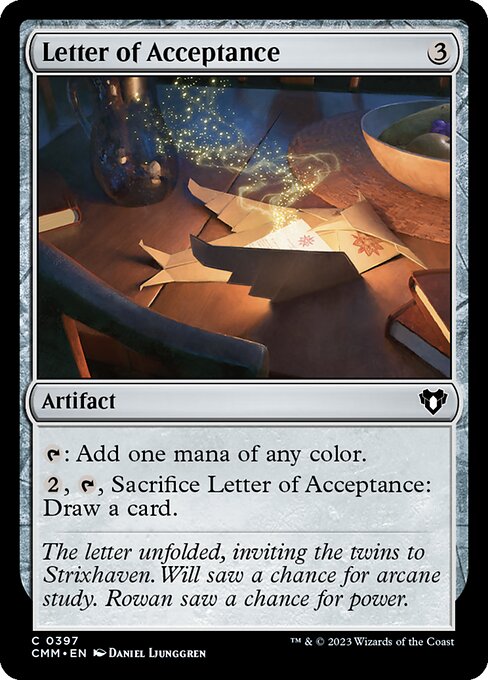
Thank you to Adrienne Reynolds, for her interplanar transcription services.
Mizz Mizzet Portrait by Andres Garcia
Delightful Readers, Please Submit Your Questions to Mizz Mizzet.
You may submit your questions to Mizz Mizzet using this form.
New Mizz Mizzet columns are posted every Wednesday right here as well as in Hipsters of the Coast‘s weekly email newsletter. You are also encouraged to follow her at @MizzMizzet on Twitter.
Any questions answered publicly will be made anonymous, and noms de plume will be created to represent any parties mentioned.
Born a perfect dragon in an imperfect multiverse, Mizz Mizzet (she/her) is the pioneer broodmother of today’s multiplanar civility movement. She is now working to persuade Planeswalkers to participate in it.
Her tireless efforts to expand the understanding and exercise of etiquette beyond the stereotypical terror of too many pieces of silverware, and whether to use poisons or explosives at celebratory conquest dinners, have not escaped official notice.
She specializes as a consultant in seating arrangements for inter and intra planar political events as long as contracts include the option to eat the rude.
Out of respect for her relative’s delicate sensibilities regarding draconic rank, she does not reside on the plane of Ravnica.

